Myths About Zoom Training
Since the start of the COVID-19 Pandemic last year, all of us have become more than a little familiar with video conferencing software - notably (for us at least) Zoom. Our entire business has, at times, had to become a purely ‘online’ enterprise, with all of our sessions and classes having to be delivered via Zoom. While I’m sure we all tire of our whole lives running through a computer screen at times, the technology has been a vital lifeline for many businesses and individuals. The majority of our members have been very open and receptive to training via Zoom, but a few have been hesitant and unsure about it - wondering whether they will receive the same level of service and experience training ‘online’. Well, today I’m going to try and bust a few myths about training via Zoom (or similar software) and why you can receive the same level of service online as in person (if you have the right coach)!
Myth #1 - You Can’t Make Progress Training Online:
This would be the most common concern we have come across, and the thing that puts most people off training on Zoom. There is a fear/belief that without being able to train in person, in a gym environment, it isn’t possible to make the same amount of progress (or any progress at all). Well, I can tell you now, that is false. Inherently the style of and approach to training must change somewhat, but that doesn’t mean progress is impossible. If you have a good coach, who understands the principles of training, they will be able to adapt your training program to facilitate progress even without much, or any, gym equipment.
The idea that it is only possible to make strength (or other) progress when you have access to a full complement of gym equipment comes from lazy, or unimaginative exercise programming, in my opinion. As the saying goes; “If your only tool is a hammer, everything starts to look like a nail” - in other words, if you only know how to progress by adding weight to an exercise, then you are being narrow-minded and over-reliant on that one concept, and probably limiting your progress in the long-run.
In reality, there are many ‘tools’ at our disposal to help progress exercises, strength and fitness. This means that it is in fact possible to make significant progress even with limited access to equipment, and while constrained to training from home (and over Zoom). A well-planned program, by a good coach, will factor in other ways to help you progress, get stronger, and more capable in the gym. With our members, who have had access to varying amounts of equipment (and at some times no equipment at all), we have used varied repetition ranges, exercise tempos and durations, different exercise variations (with greater technical complexity and mechanical stress) to keep adding overload (what we need to progress) to their training sessions, and to help them continue to progress towards their goals. We have had to shift the focus of many programs, but we have always had one eye on the long-term goal. Even if they are unable to focus purely on ‘lifting' more weight’ in the short-term, the training we have done with them over Zoom has set them up for even greater success when they can get back in the gym.
None of our members have lost progress, or even any noticeable strength, from training on Zoom with us - many have even made significant strength improvements during this time, due to the pragmatic and effective programming we have used when planning their sessions. There is not just one way to develop strength, and by emphasising and perfecting the fundamentals, as well as incorporating other training systems, we have been able to do just that despite the restrictions placed upon us.
Myth #2 - It won’t be as ‘Personal’ on Zoom:
This is an understandable concern, and one that is very relevant to our industry - I mean, it is called ‘Personal’ Training after all! Of course it can be much harder to build a personal connection when training over video call on software such as Zoom. Being physically distanced, and sometimes having to contend with inconsistent connection speeds, are potential barriers to feeling like you are receiving a personal service.
This is where having effective communication methods in place can be of help. We check in with our members every week (not on Zoom), which gives them a place where they can give us clear and honest feedback on their progress, but also on our sessions (we do this even when the studio is open). This means that they can let us know if they don’t feel that personal touch in sessions. However, it’s not an issue we have really come across so far.
We are lucky with the technology that we have - it allows us to both see and hear our members all throughout the session, despite being potentially a long way away. We always make sure that our members have their device set up so it gives us a good view of the exercise, and therefore can give that personal feedback in sessions. In terms of the programming, it can be even more personalised than usual, due to the quirky equipment set ups (and need to use some unconventional ‘equipment’ at times) that we encounter with our different members. While nothing can beat being in the same room as someone else for that personal connection (and that is something we all miss), training on Zoom has so far been a good replacement.
Our members are still able to talk to us openly and honestly in a secure setting, we are still able to adapt sessions based on how they are feeling on each day, and we are still able to coach them through their sessions as if they were in the gym (we just need to be even better at ‘cueing’ them effectively). Even in our group sessions, we are able to provide that social interaction by all talking to one another - as we try to allow time at the start and end of sessions for just that. The ‘personal’ side of things isn’t just about an individual program after all, it’s about that interaction with each other, which we try to be really cognisant of at all times.
Myth #3 - The Sessions Will Be ‘Too Easy’:
There are actually two misconceptions at play with this myth: 1) that training online inevitably means ‘easy’, non-challenging training and 2) a training session must be ‘hard’ in order for it to be effective or worthwhile. Both of these, for lack of a better word, are nonsense.
Yes, training ‘hard’ at times is going to be beneficial (depending on your goals), and it is good to challenge yourself over the course of a training cycle. But training too hard, too frequently can actually hinder your progress (overtraining), lead to injury, or lead to you under-recovering and therefore being unable to complete all your planned workouts (again, overtraining). So just bear that in mind when planning your own training, or if you’re wondering why your coach plans blocks of training sometimes that provide a different stimulus - such as focusing on specific technique, balance, movement or something else. You are still progressing even if you aren’t beat up after every session (wild, I know)!
At the same time, any one of our members will attest to the fact that Zoom sessions do not equal easy sessions. Again, well thought out and effective programming means we are able to provide a challenge and stimulus even in the absence of a full gym of equipment. This also means that we include more bodyweight exercises, or demanding movement patterns that you won’t necessarily be as experienced in doing - thus providing a new stimulus. My biggest challenge to anyone thinking a Zoom session will be too easy: book one with us to try, and see how challenging (and effective) they can be.
I hope that the biggest takeaway you have from this is not to let your preconceptions get in the way - if you have been hesitant to so far, give a Zoom session a go with your coach. Similarly, if yo'u’ve been waiting for the gyms to re-open before starting to work with a coach, I’d recommend you at least sample a session via Zoom. Our members will attest to the fact that while the sessions are inevitably different, the service and results we provide are in no way compromised. If you are putting off starting until you can walk into a gym again, you are only delaying your own progress, nothing else.
If you are interested in training with us via Zoom, send us an email at:
9 February 2021


